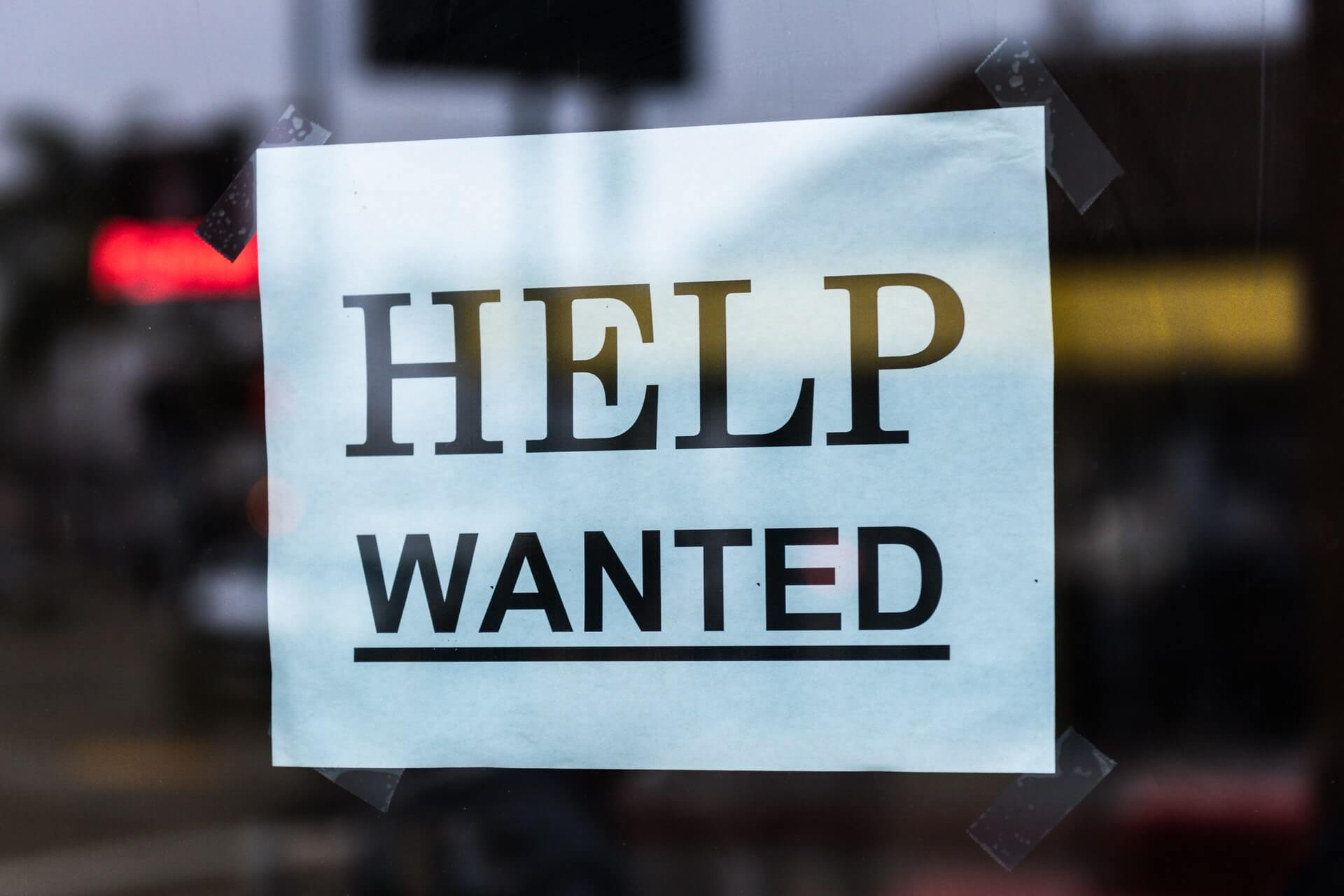The Reality of Hiring Right Now
by David Klemt

Operators can add recruitment, hiring and retention among to the growing list of challenges they’re facing due to the pandemic.
Labor struggles aren’t exactly a shock to the hospitality industry.
However, the speed with which the many stark predictions of labor shortages and challenges across North America has caught some by surprise.
Outlook: Brutal
Fast-casual to fine dining. Independent to chain. Regional hospitality group to multi-national powerhouse.
No operator, no concept, no market appears immune to today’s recruitment, hiring or retention challenges.
It’s not the only reason but the federal boost to unemployment is exacerbating the situation. Restaurant operators across America have been reporting that their workers are making more on unemployment than they would make returning to their jobs.
It’s likely the hiring situation won’t improve until the end of August or start of September; the federal boost to unemployment is set to expire on September 6.
Of course, that points to another glaring industry issue: livable wages and benefits.
The pandemic didn’t cause the labor shortage and hiring problem on its own, but it certainly hasn’t helped anything. Some operators throughout North America say they’ve been hunting for workers for all positions for months.
Incentives & Bonuses
Operators are fighting for workers. To many reading this, that’s not a surprise. However, many operators report fighting to even get candidates to show up for interviews.
Famously, one McDonald’s franchisee in Tampa, Florida, is using a $50 incentive for interviews. If a candidate manages to follow through and show up for their interview, they walk away with $50.
During a recent conversation with Chef Brian Duffy (which we’ll be releasing as episode 33 of the Bar Hacks podcast), interview incentives came up. While it’s no $50 bonus just for showing, Chef Duffy has offered candidates free lunch for appearing for their interviews. And yes, he still struggles.
Interestingly, appearance incentives don’t appear to be working. What does appear to be working? Increasing starting wages, referral programs, apply-via-text functionality, and all manner of signing and performance-based bonuses.
The bonuses run the gamut. Show up for all your shifts for three or four months and earn a $500 bonus. Paying down student loans. Fronting the bill for culinary school. One restaurant in Alabama is offering an SUV to their top-performing worker later this year.
In addition to bonuses, wages are seeing a boost. Jobs that would normally start at $12 to $15 per hour are now offering starting wages of $16 to $18 dollars per hour.
No matter how one slices it, the situation leads to cost hikes across the board for operators. When costs increase for operators, prices increase for consumers. Margins shrink, the old cycle continues, the industry struggles.
Reality Check
Now, it’s simple to blame the pandemic for the current situation. To say it’s not a major factor would be incredibly disingenuous.
That said, the struggle to find and keep workers is also a culmination of decades-long, industry-wide problems.
Lack of diversity, inclusion, equality, living wages, opportunities, and transparency; failure to address social issues; inexcusable, threatening, and outright illegal behavior… All of this and much more contributes to the industry’s hiring and retention challenges.
That’s a criminally shallow summary of the situation—I’m well aware. Doug Radkey, president of KRG Hospitality, addresses the need to review and reset the industry in his book Hacking the New Normal. He takes a deep dive into rejecting the status quo in this industry.
My point is that operators can’t blame their woes solely on the pandemic, absolving themselves of responsibility.
Operators must take a hard look at themselves and their operations, and ask difficult questions. Doing so can be uncomfortable. But neither positive change nor growth come from resting in the comfort zone.
Image: Tim Mossholder on Unsplash
